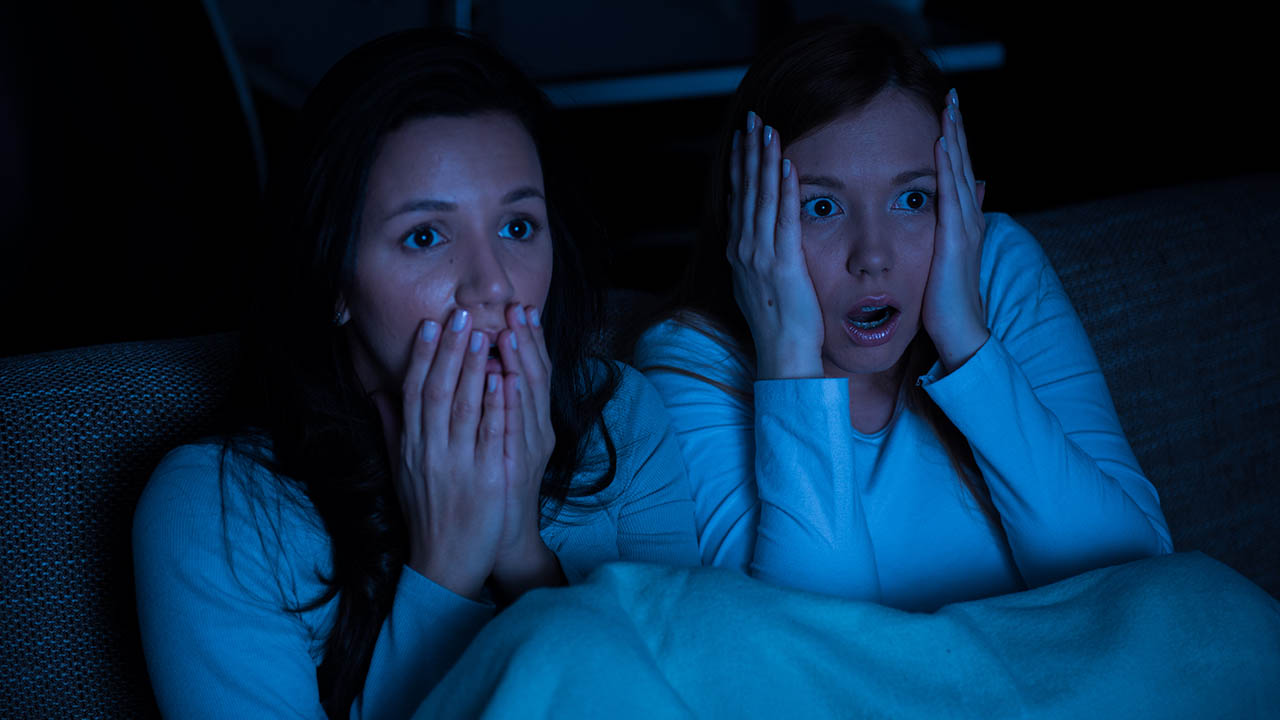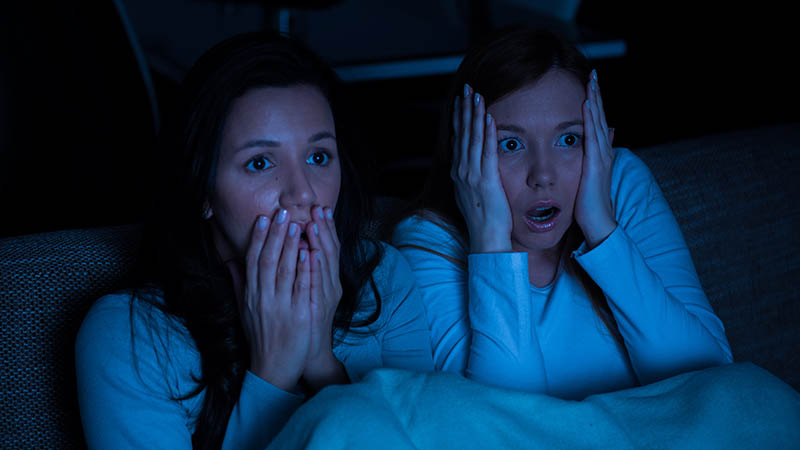5 Things You Never Knew About Fear
Published October 2020
Understanding the Science of Fear
“Fear is our survival response,” says Northwestern Medicine Clinical Psychologist Zachary Sikora, PsyD. Some people — roller-coaster fans and horror movie buffs — thrive on it, while other people avoid it. Have you ever wondered why?
Fear Is Physical
Fear is experienced in your mind, but it triggers a strong physical reaction in your body. As soon as you recognize fear, your amygdala (small organ in the middle of your brain) goes to work. It alerts your nervous system, which sets your body’s fear response into motion. Stress hormones like cortisol and adrenaline are released. Your blood pressure and heart rate increase. You start breathing faster. Even your blood flow changes — blood actually flows away from your heart and into your limbs, making it easier for you to start throwing punches, or run for your life. Your body is preparing for fight-or-flight.
Fear Can Make You Foggy
As some parts of your brain are revving up, others are shutting down. When the amygdala senses fear, the cerebral cortex (area of the brain that harnesses reasoning and judgment) becomes impaired — so now it’s difficult to make good decisions or think clearly. As a result, you might scream and throw your hands up when approached by an actor in a haunted house, unable to rationalize that the threat is not real.
Fear Can Become Pleasure
But why do people who love roller-coasters, haunted houses and horror movies enjoy getting caught up in those fearful, stressful moments? Because the thrill doesn’t necessarily end when the ride or movie ends. Through the excitation transfer process, your body and brain remain aroused even after your scary experience is over.
“During a staged fear experience, your brain will produce more of a chemical called dopamine, which elicits pleasure,” says Dr. Sikora.
Fear Is Not Phobia
If you’re slightly uneasy about swimming in the ocean after watching “Jaws,” the movie did what it set out to do. But if you find yourself terrorized, traumatized and unable to function at the mere thought of basking on the beach, you might be experiencing more than just fear.
The difference between fear and phobia is simple. Fears are common reactions to events or objects. But a fear becomes a phobia when it interferes with your ability to function and maintain a consistent quality of life. If you start taking extreme measures to avoid water, spiders or people, you may have a phobia.
Fear Keeps You Safe
“Fear is a natural and biological condition that we all experience,” says Dr. Sikora. “It’s important that we experience fear because it keeps us safe.”
Fear is a complex human emotion that can be positive and healthy, but it can also have negative consequences. If a fear or phobia affects your life in negative and inconvenient ways, speak to your primary care provider, who can help determine the kind of treatment you might need.







